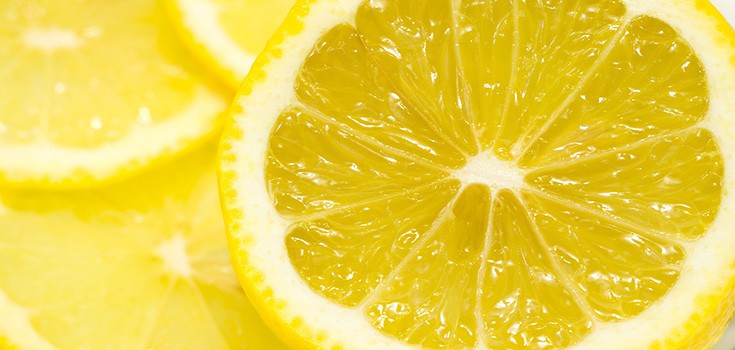Lower Blood Pressure with Vitamin C

Unlike many animals, humans don’t synthesize vitamin C from glucose in times of stress. While this is an interesting factoid, it could provide a great deal of insight into how vitamin C works to reduce blood pressure. A recent study found that taking large doses of vitamin C can actually reduce blood pressure, commonly elevated when we are in high stress situations.
Researchers with Johns Hopkins found that those people who take around 500 mg of vitamin C each day (about 5 times the “recommended” daily intake) have a lower blood pressure—about 3.84 millimeters of mercury lower.
While this amount doesn’t seem like a lot, it could mean the difference between normal blood pressure and borderline hypertension. In other words, from a medical doctor’s point of view, it could mean the difference between needing medication or not.
For those people already diagnosed with hypertension, supplementation accounted for a greater reduction—about 5 millimeters of mercury. (For comparison’s sake, patients who take ACE inhibitors or diuretics to reduce blood pressure experience an average reduction of 10 millimeters of mercury).
Johns Hopkins scientists say their findings aren’t enough to warrant a supplementation regimen—that more research is needed. But, that’s the common script. People have been taking much more than 500 mg of vitamin C and seeing a wealth of benefits for decades.
Another recent study found that an intravenous infusion of vitamin C can lower blood pressure in patients with diagnosed hypertension. Researchers found that three grams of vitamin C can balance the sympathetic nerves associated with the fight or flight response. In other words, it helped temper the effects of stress on blood pressure.
Nutritionist Byron J. Richards points out that the fact that we are the only mammals that don’t synthesize C from glucose could explain why many people crave sugar when under stress. Sugar cravings are sometimes a sign of a deficiency of vitamin C.
Richards recommends supplementation of anywhere from 3 to 10 grams of C per day. This is significantly higher than many people are used to, so if you heed his advice, build up your regimen slowly to ensure you have no ill effects to your digestive system. Diarrhea would be a sign that you’ve taken too much. Also, opt for natural, not synthetic, vitamin C. Choose a supplement made with rose hips.
Here are some foods rich in vitamin C
- Kiwi (check out the health benefits of kiwi)
- Camu Camu
- Guava
- Bell peppers
- Orange
- Papaya
- Oranges
Additional Sources:

Excellent article! My grandmother and mother always eat cucumber, carrots and lots of vegetable. Through this, they remain healthy and they never experienced having a high blood pressure.
Heart Health
Hesperidin is an antioxidant found in oranges and there are very high levels of it in the peel. Hesperidin helps protect the heart by lowering blood pressure and regulating cholesterol levels. Adding a little bit of orange peel shavings do your meals will greatly increase your consumption of hesperidin. http://www.healthdiaries.com/eatthis/7-health-ben…